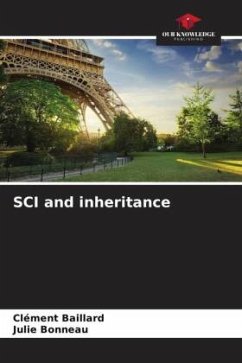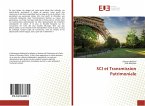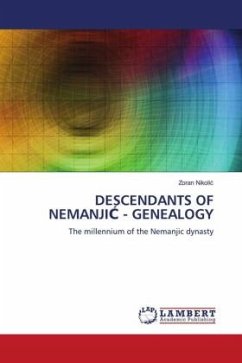From time immemorial, it has been customary for an individual's heirs, regardless of their degree of kinship, to benefit from the resources and assets generated throughout the deceased's life. This enables related persons to benefit and establishes a temporal continuity in family wealth across generations. Since the 19th century, governments have been quick to take an interest in this type of inheritance, as it represents a substantial transfer of value. Today, French inheritance tax is one of the highest in Europe. Although not widely used, the SCI (Non-trading property company) (non-trading property company) is increasingly the subject of discussion when it comes to inheritance, but the ins and outs are still unclear, so what's really going on?








